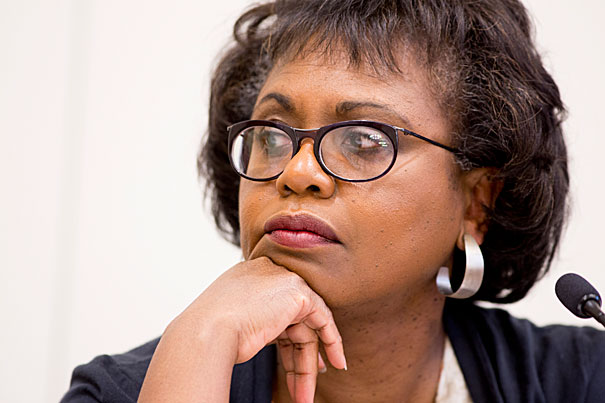Nation & World
-

U.S. needs to keep its friends closer, Pence says
First-term Trump VP: ‘If America isn’t leading the free world, the free world is not being led.’
-

‘Vibes or hunches’ don’t help win elections
Political analytics conference convenes experts on voter trends, election forecasting, behavioral research
-

U.S. just didn’t get China, Bolton says
Asian nation now main economic, military threat to Western democracies, according to former national security adviser
-
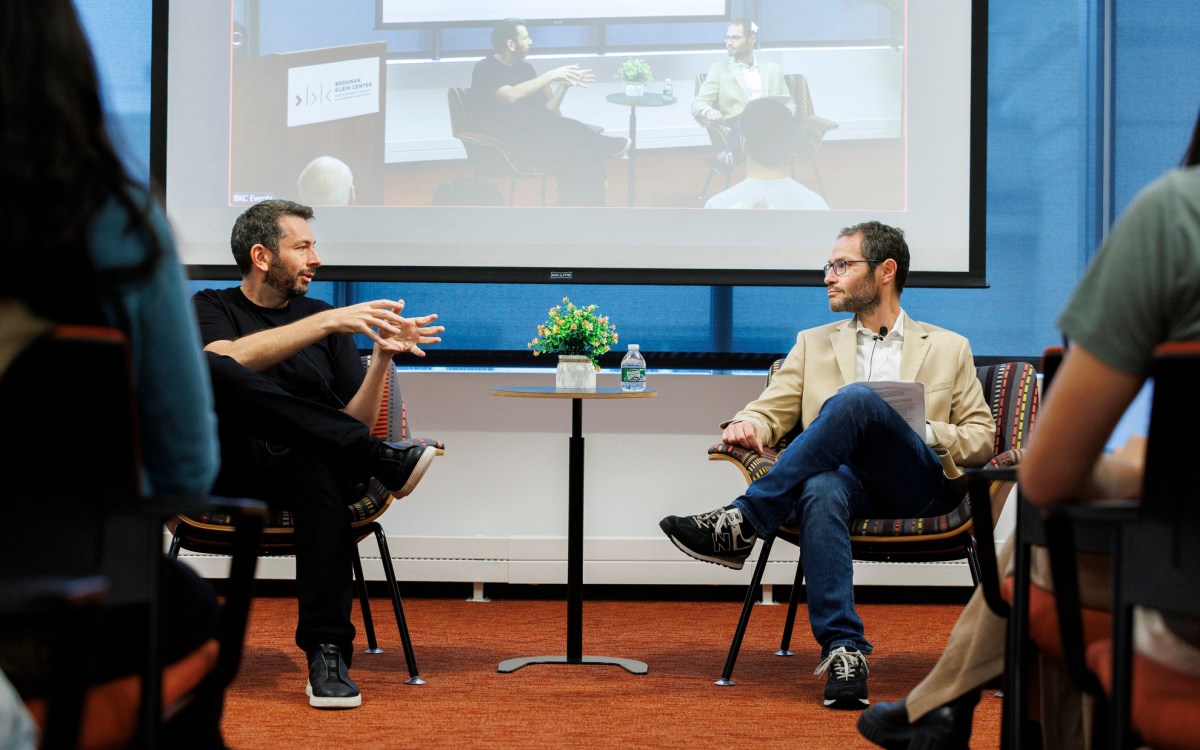
Artificial intelligence may not be artificial
Researcher traces evolution of computation power of human brains, parallels to AI, argues key to increasing complexity is cooperation
-
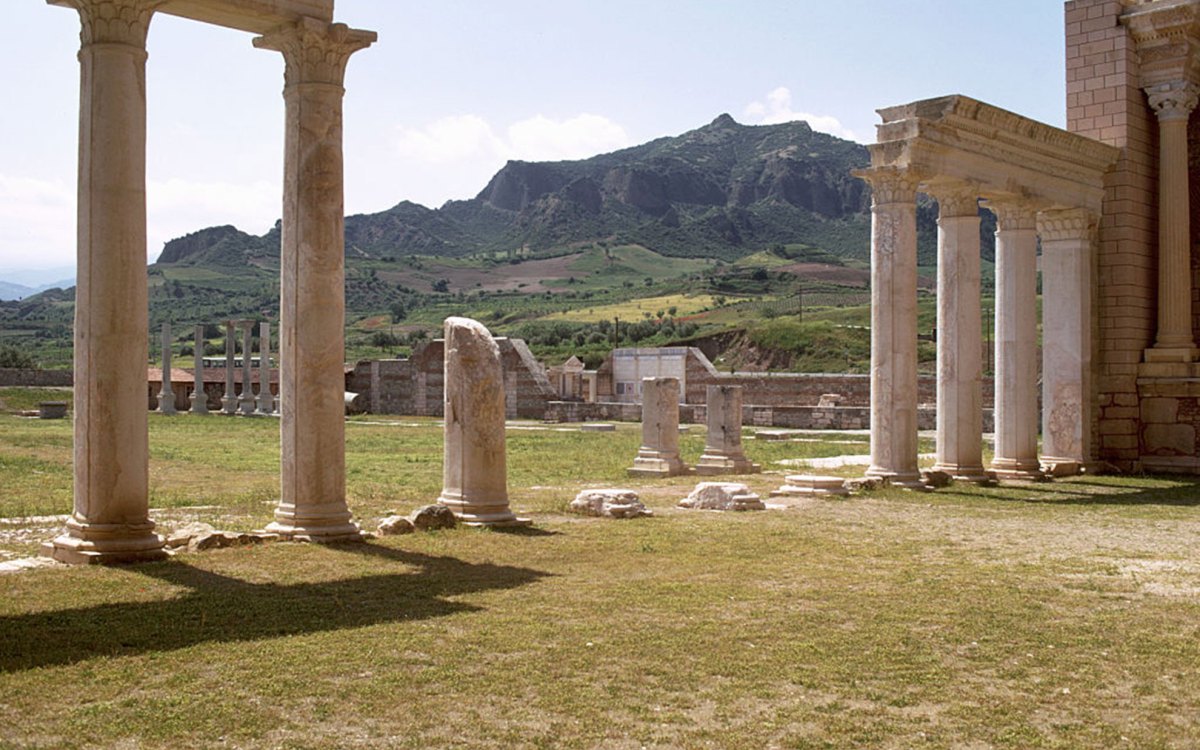
Sardis named a UNESCO World Heritage Site
Designation comes as Harvard’s decadeslong archaeological dig uncovers new secrets from remains of ancient Turkish city
-

What’s driving decline in U.S. literacy rates?
In podcast, experts discuss why learning to love to read again may be key to reversing trend
-
Undermining intelligence
Social psychologist and author Claude Steele talks about how negative stereotypes about a social group’s intellectual abilities can trigger anxiety and cognitive difficulties in those who identify with that group, leading to chronic underperformance.
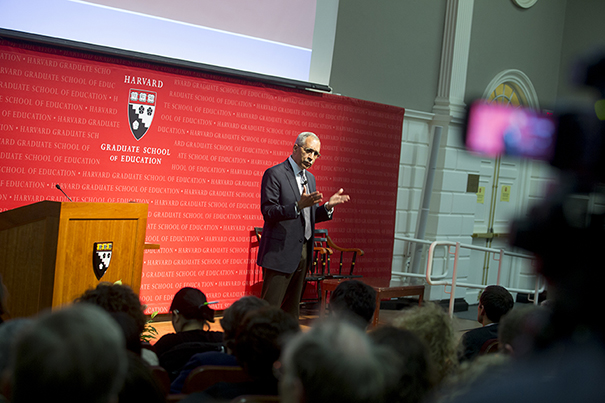
-
From divestment to engagement
Investment experts at Harvard Business School explored alternatives for investors interested in climate change, from divestment to engagement, as ways to change corporate behavior.
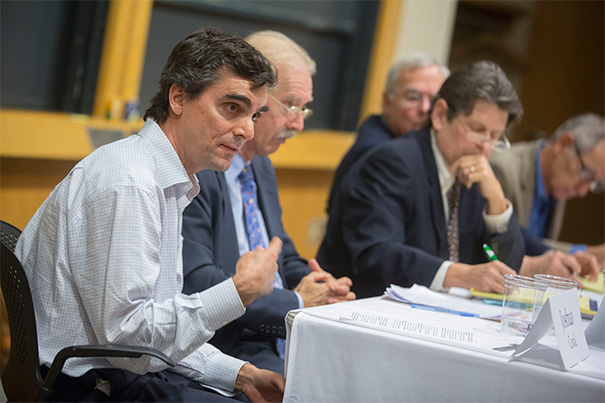
-
The threat to Burma’s minorities
Harvard faculty and scholars gathered with Burmese refugees to discuss the ongoing mistreatment of that country’s Rohingya minority, which speakers called a “slow-burning genocide.” A Harvard Law School report said the country’s Karen minority also are under siege.
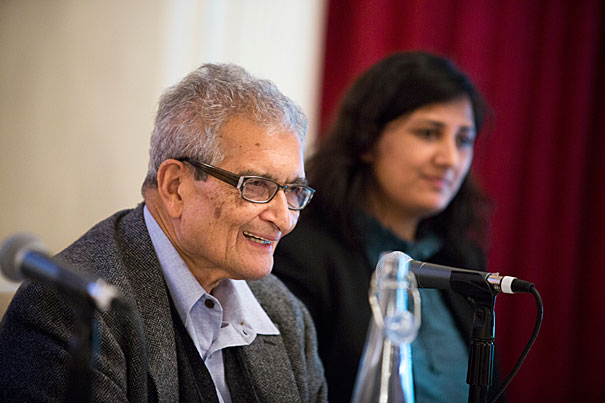
-
When the wall came down
Three scholars share close-up memories of scenes around the fall of the Berlin Wall.

-
Power shift
David King, a senior lecturer at the Kennedy School, answers questions on the midterm elections and what’s next for lawmakers.
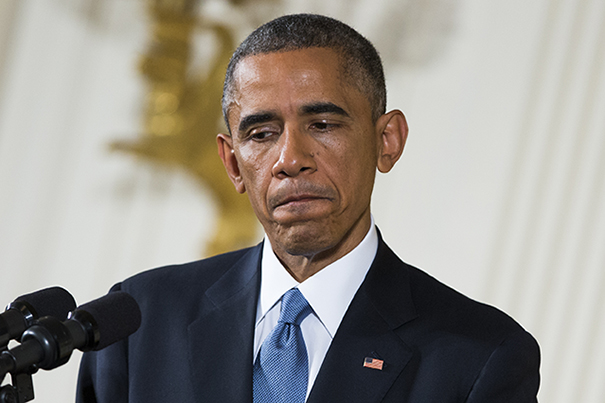
-
Legal champion of gay rights
During a luncheon discussion at Harvard Law School with Dean Martha Minow, Mary Bonauto reflected on 25 years of seeking equal treatment under law.
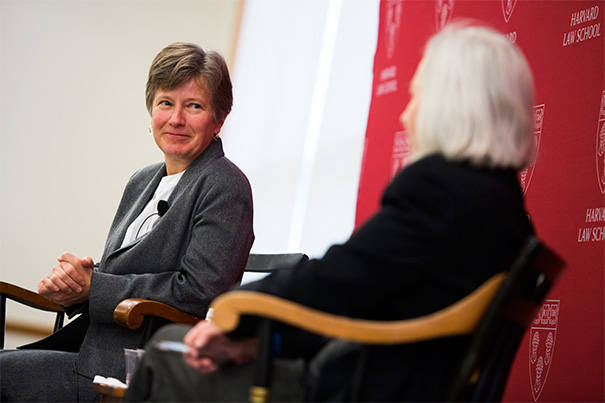
-
Hello Kitty, hello profits
On pop icon’s 40th anniversary, professor explains the global conquest of cute

-
Coming up for air
In an urban landscape that was once the most polluted in the world, a new Mexico City-Harvard alliance will look at the impact of two decades of progressive public policy, and what remains to be done.

-
Why college matters
During a videotaped speech in Dallas, Harvard President Drew Faust explained why attending college remains so important for many after high school — and a group of seniors couldn’t agree more.
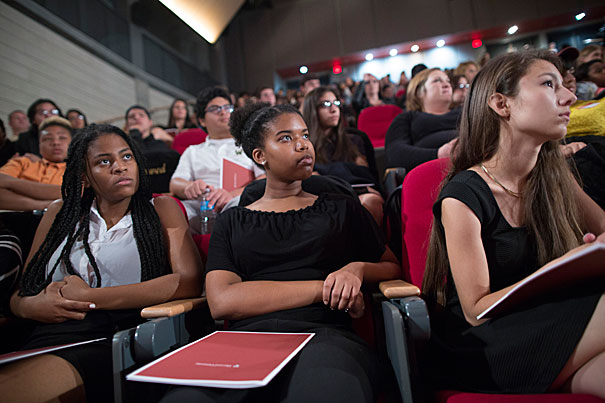
-
The Islamic State of play
Harvard Law School’s Noah Feldman and Kristen Stilt joined NPR correspondent Deborah Amos to discuss the fast-moving ideological evolution and spread of the ISIS in the Middle East.
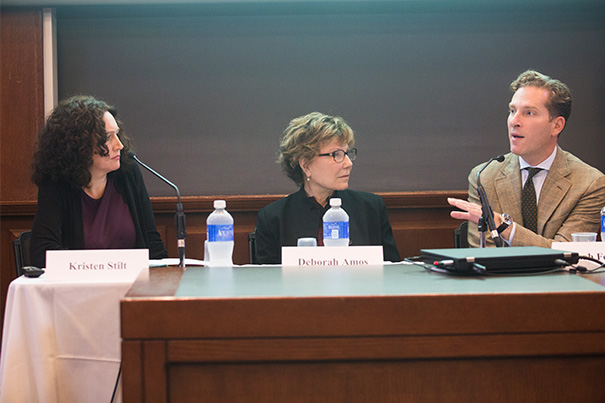
-
Faust makes ‘the case for college’
In the face of mounting concerns about the cost and value of college, higher education continues to be the most effective route to economic and personal success, Harvard President Drew Faust argued during an address in Dallas Friday to nearly 500 high school students, teachers, and guidance counselors.

-
A closer look at ‘Who’s Choosin’ Who?’
Melissa Harris-Perry, the host of the weekend news and political talk show that bears her name on MSNBC, addressed nearly 400 people at Radcliffe’s Knafel Center on Thursday for the Maurine and Robert Rothschild Lecture. Her topic: “Who’s Choosin’ Who? Race, Gender, and the New American Politics.”
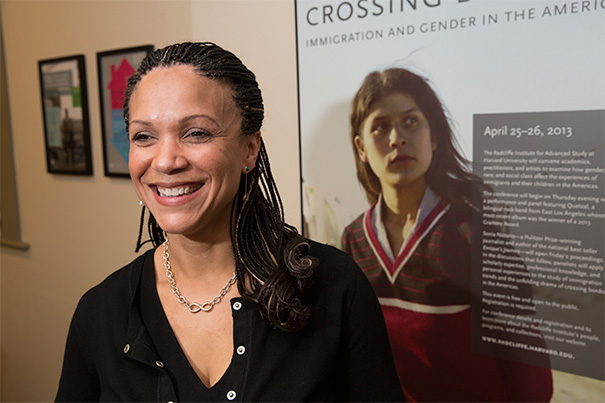
-
From bad to worse?
A Russian analyst talks about the deteriorating relationship between Washington and the Kremlin.
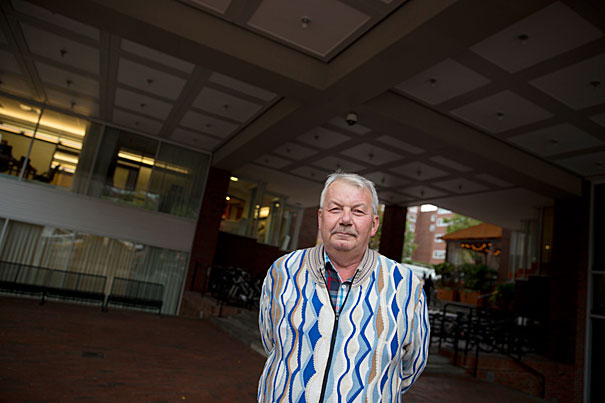
-
Pocket change
HBS Professor Sunil Gupta discusses Apple Pay’s foray into the crowded race to disrupt how we shop.

-
Harvard in Mexico City
Harvard alumni and friends gathered in Mexico City for the latest event in the Your Harvard series. President Drew Faust, faculty members, and local alumni celebrated the many connections shared by Harvard and Mexico, some dating back more than a century.

-
A ‘sitdown’ with Snowden
By videoconference on Monday, Harvard’s Lawrence Lessig interviewed Edward Snowden, the former National Security Agency contractor who last year leaked more than 200,000 classified documents about U.S. surveillance efforts.
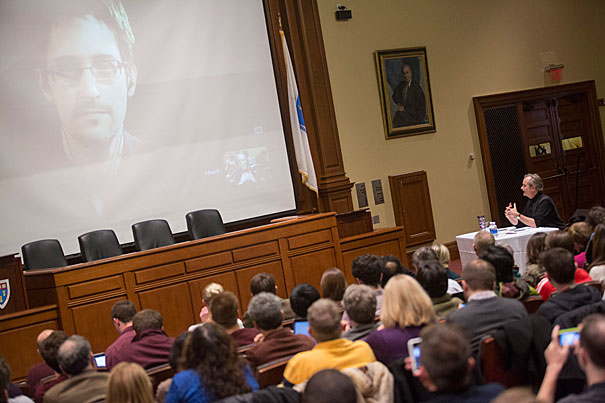
-
The mystery of the lake
From a single study of methyl mercury in Mexico’s largest freshwater lake, a constellation of projects has grown, all of them centered on children and environmental health.
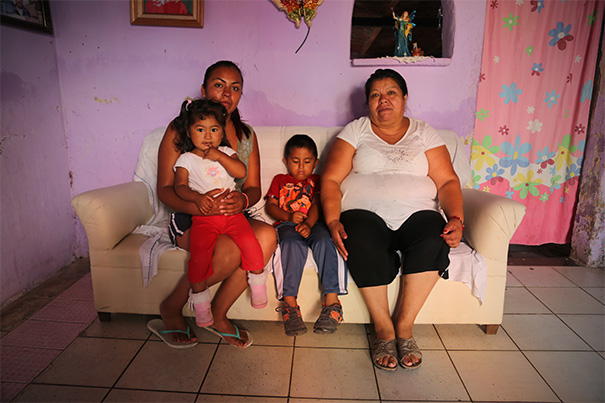
-
Journey to Mexico
Harvard President Drew Faust, University administrators, and faculty members are in Mexico this week for a series of meetings, tours, and alumni events. During their visit to the nation with the largest number of Harvard degree recipients in Latin America, participants are posting items about what they do and see.
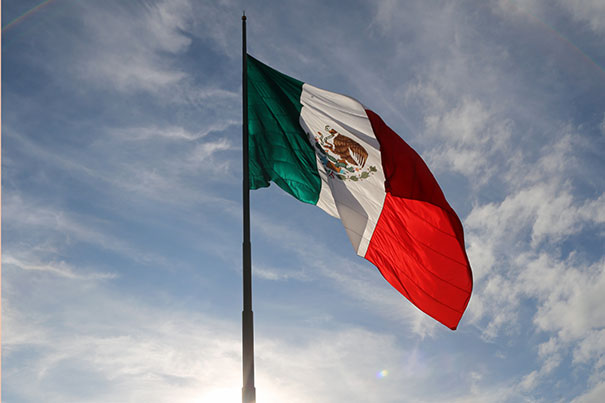
-
Disrupting city hall
Harvard Kennedy School and Law School experts say city life will be transformed by city governments that are plugged into technology.
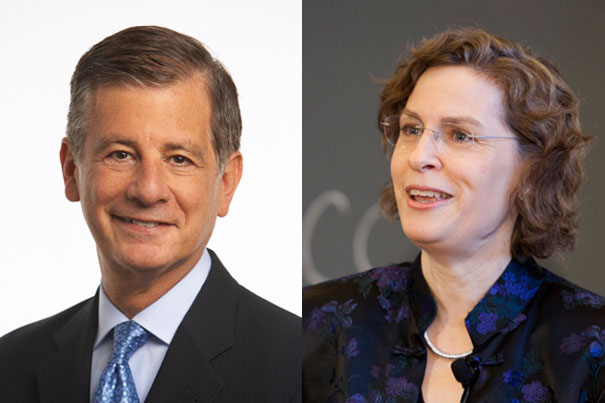
-
From Mexico to Harvard, and back
There are more than 1,200 Harvard graduates in Mexico, a well-connected group that rises to high positions and has an appetite for good works.
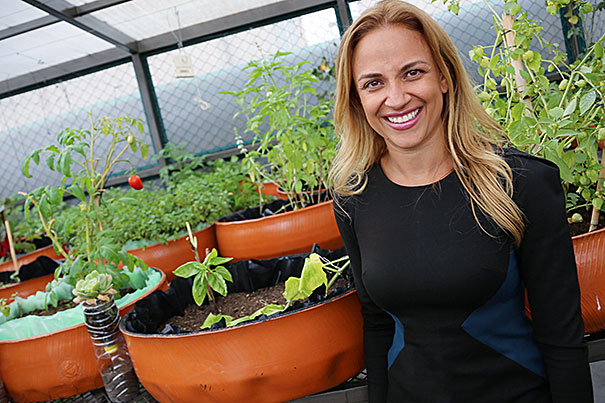
-
Tumbling dice
Frank Fahrenkopf, the former head of the American Gaming Association and now an Institute of Politics fellow at Harvard Kennedy School, discusses the state of the industry as Massachusetts voters prepare to decide the fate of casino gambling.

-
Classroom to courtroom
Harvard Law School’s immigration and refugee counseling program helps the often powerless while educating students.
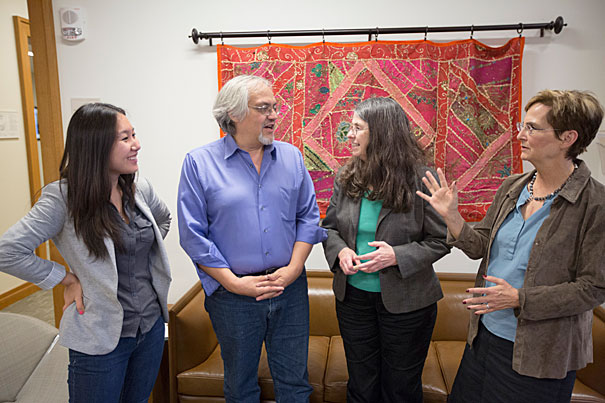
-
Summering (with work) in Mexico
Harvard students discuss their summer of research in Mexico, where they gained new insights, developed fresh confidence, and realized they wanted to return.
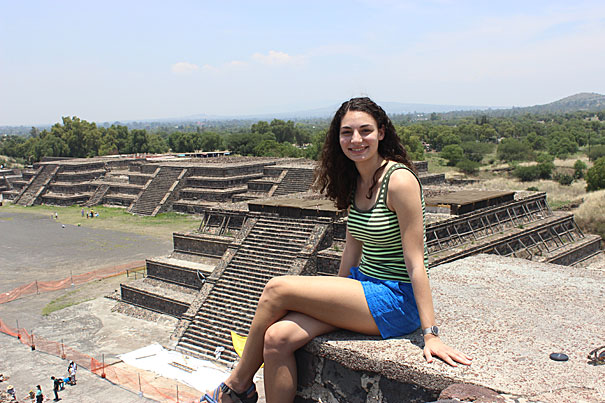
-
Answers from Walters
Barbara Walters reflected on her 50-year career in journalism with David Gergen at Harvard Kennedy School Tuesday evening.

-
A watershed on weddings
In a question-and-answer session, Harvard Overseer and legal scholar Kenji Yoshino ’91 said he was surprised by the U.S. Supreme Court’s decision to let stand appeals court rulings that in effect allow same-sex marriage in five states.
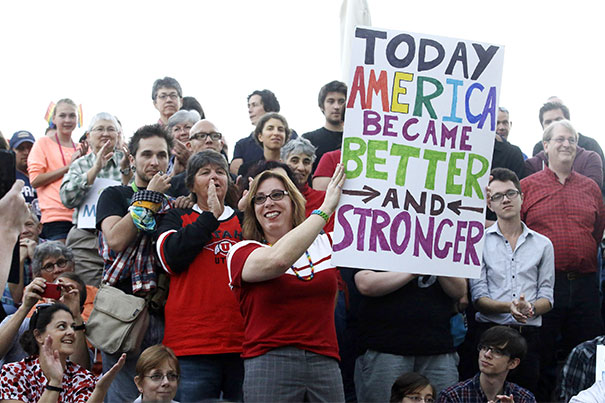
-
A wellspring of hope
Students in the Harvard University chapter of Engineers Without Borders have been rehabilitating and improving a potable water system in the rural town of Pinalito in the Dominican Republic.

-
All politics is personal
Vice President Joseph Biden outlined U.S. foreign policy goals and challenges during a visit Thursday to the Kennedy School.
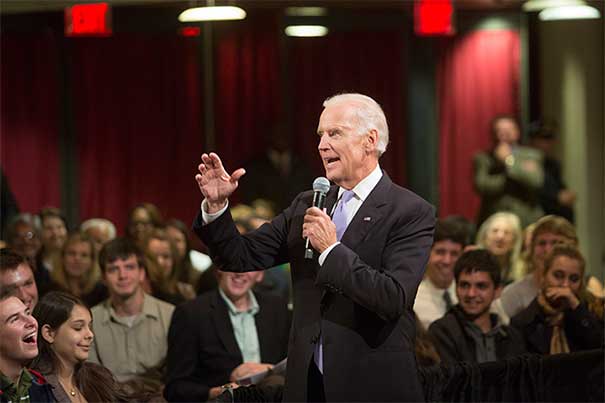
-
Harvard’s Mexican connections
Harvard’s relationship to Mexico is deep, diverse, and longstanding. Here’s an overview of those connections.
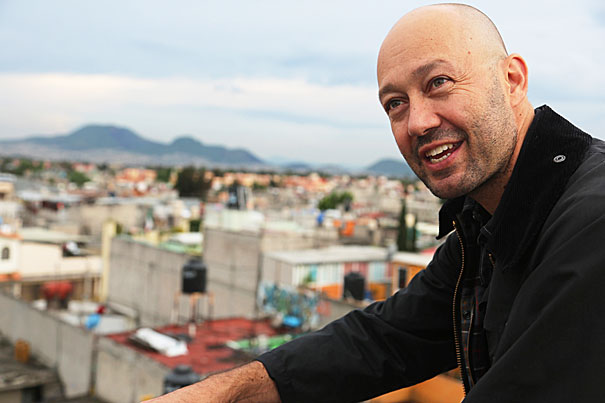
-
The rising in Hong Kong
Harvard Kennedy School’s Anthony Saich explains the uprising sparked by a pro-democracy movement in Hong Kong.
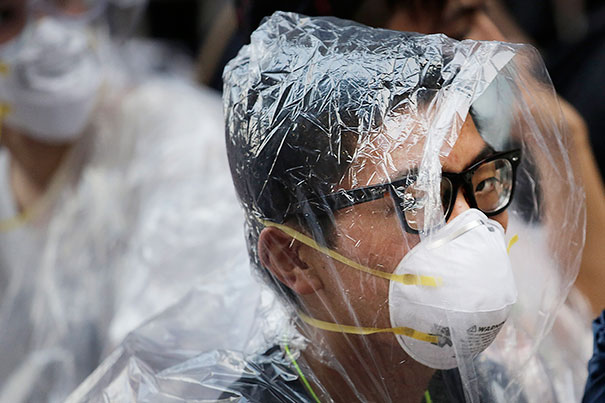
-
From awareness to action
Anita Hill says it’s time for the national conversation on sexual harassment to get “beyond awareness to consequences” for gender violence.
